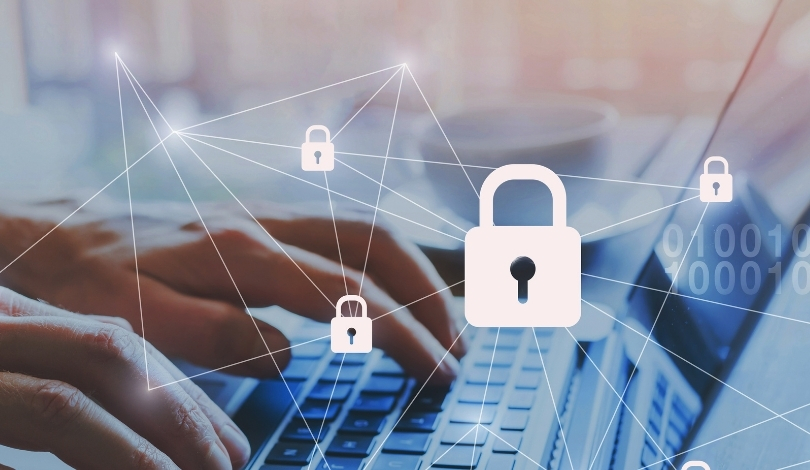Recent court developments have cast uncertainty on NSO Group’s legal defense against allegations of deploying Pegasus spyware targeting El Salvadoran journalists. A panel of U.S. judges evaluated an appeal challenging the dismissal of the lawsuit, questioning the jurisdictional basis presented by NSO. This case underscores ongoing tensions between technology firms and privacy advocates regarding surveillance practices.
Legal proceedings involving NSO Group have frequently encountered jurisdictional challenges, often resulting in extended litigation periods. This particular appeal signals a more meticulous judicial approach to determining the appropriate venue for cases involving international tech companies and foreign plaintiffs. The outcome may influence how similar cases are handled in the future.
Where Did the Misconduct Occur?
Judges focused on pinpointing the location of the alleged hacking activities, debating whether they took place in California via Apple servers or in El Salvador.
“The actual misconduct, the hacking, occurred there, which is the same hacking at issue in this case, even if the harm sort of transpired elsewhere,”
stated Judge Michael Simon, indicating a connection to California.
How Do the Plaintiffs Connect Apple to the Case?
The plaintiffs argue that NSO Group’s actions involved exploiting Apple’s software and servers, thereby linking the misconduct to California. Carrie DeCell, attorney for the plaintiffs, emphasized,
“We have alleged that defendants targeted Apple both in the plan of the exploits and then the deployment of Pegasus.”
This connection is pivotal in questioning the venue for the lawsuit.
What Are Tech Giants’ Positions on the Litigation?
Major technology companies like Microsoft and Google support the plaintiffs, highlighting their own stakes in cybersecurity. They argue that the case affects national security and the integrity of U.S. technology products. The amicus brief submitted by these firms underscores the broader implications of the lawsuit for the tech industry.
Determining the appropriate jurisdiction is critical not only for the parties involved but also for setting precedents in international cybersecurity litigation. The judges’ skepticism towards NSO Group’s dismissal motions suggests a rigorous examination of where and how cybercrimes occur, potentially leading to more favorable venues for victims of spyware.
Legal experts suggest that the outcome of this appeal could significantly impact future cases involving international tech firms and surveillance technology. Ensuring that victims have access to appropriate legal forums is essential for upholding privacy rights and accountability in the digital age.
- Judges question the jurisdiction in NSO Group’s lawsuit.
- Pegasus spyware allegations link misconduct to California.
- Tech giants support plaintiffs in the legal battle.










